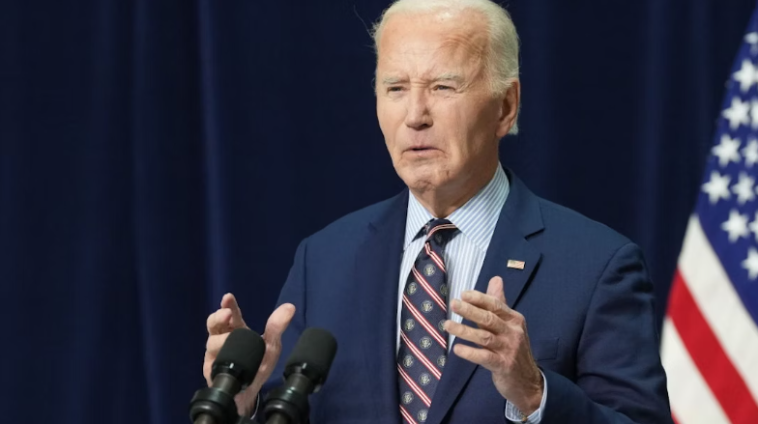In a significant legal decision, the Sixth Circuit Court of Appeals has unanimously invalidated the Federal Communications Commission’s (FCC) attempt to reinstate net neutrality regulations.
Court’s Rationale
The three-judge panel determined that the FCC overstepped its statutory authority by classifying broadband internet service providers (ISPs) as “telecommunications services” subject to common-carrier regulations. The court emphasized that broadband providers are more accurately defined as offering “information services,” which are not subject to the same level of regulatory oversight.
Implications of the Ruling
This ruling effectively nullifies the FCC’s April 2024 order that sought to reimpose net neutrality rules, which prevent ISPs from blocking, throttling, or prioritizing internet traffic. The court’s decision is grounded in the recent Supreme Court ruling that overturned the Chevron deference, thereby limiting federal agencies’ leeway in interpreting ambiguous laws.
Reactions from the FCC
Outgoing FCC Chairwoman Jessica Rosenworcel expressed disappointment, stating that consumers desire “fast, open, and fair” internet access. She urged Congress to enact legislation to enshrine net neutrality principles into federal law.
Conversely, FCC Commissioner Brendan Carr, who is poised to assume the chairmanship, lauded the court’s decision as a victory against regulatory overreach. He criticized the Biden administration’s efforts as an unnecessary expansion of government control over the internet ecosystem.
Future Prospects
The court’s decision represents a substantial setback for proponents of net neutrality at the federal level. While some states, such as California, have implemented their own net neutrality laws, the absence of a unified federal policy may lead to a fragmented regulatory landscape. The ruling underscores the necessity for clear legislative action by Congress to establish consistent internet governance standards nationwide.


